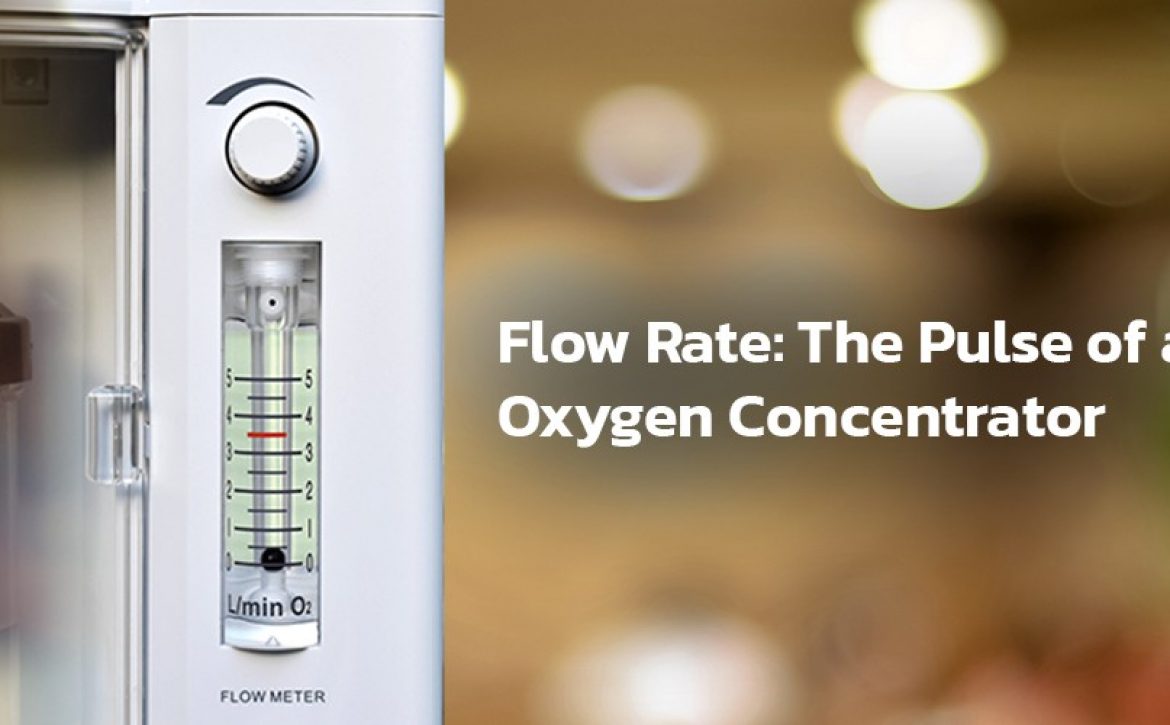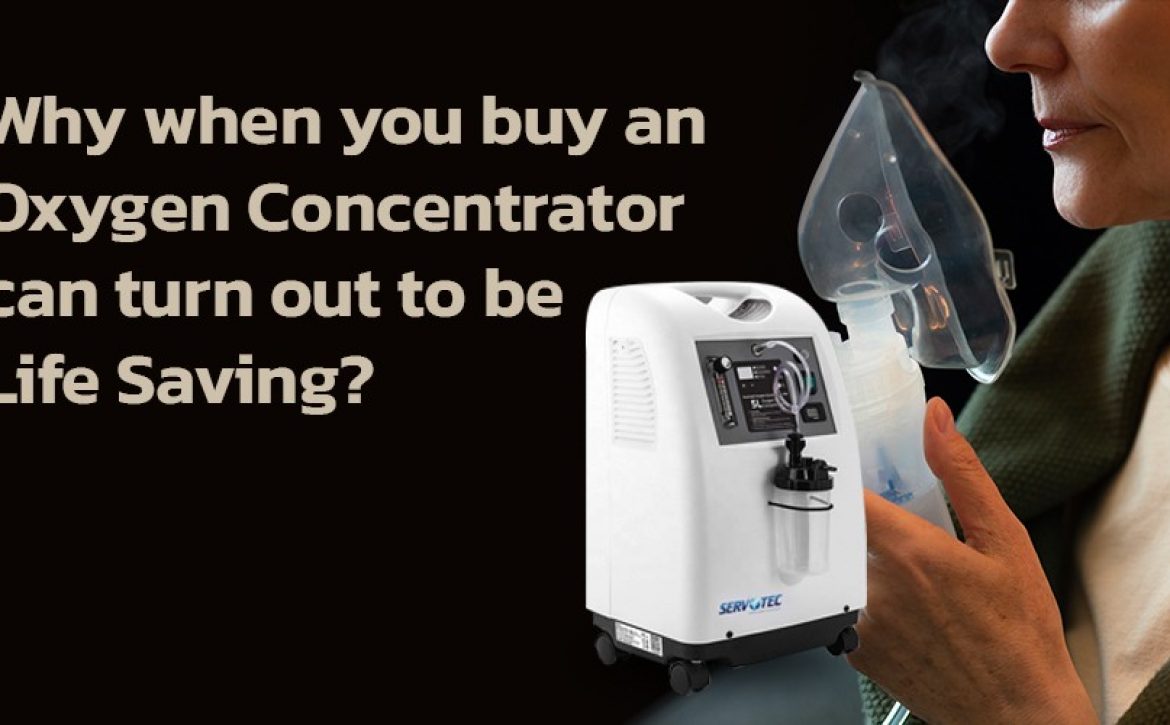Why you must take stock of the Humidifier that comes along your Oxygen Concentrator
The main purpose of a humidifier bottle, humidifier cup, or water bottle is to humidify the air you breathe. Keep in mind that a humidifier bottle is merely a decorative item. The ability to use your oxygen concentrator is not essential. If using your oxygen concentrator makes your nose or throat irritating, it’s conceivable that the dry air from the concentrator is to blame.
You can either screw the bottle straight onto the threaded oxygen output on your oxygen concentrator or utilize a tubing adapter, depending on the brand of oxygen concentrator you have.
On Oxygen Concentrators with a barbed oxygen outlet, Humidifier Bottle Adapters are required. The adapter is a straightforward gadget. It’s a short hose that you slide over the oxygen outlet with one end. The threaded part on the opposite end should be threaded into the top of the humidifier bottle.
When using a humidifier bottle, make sure to inspect it well before using it. You’ll see that the plastic top is detachable. It attaches to the top of the “cup” where the water is kept. Two faint lines may be seen on the “cup” portion where the water is placed. One of them says “Minimum,” while the other says “Maximum.”
The water should stay between these lines. Your oxygen may not be humidified before you breathe it if the water is too low. You risk getting water in your oxygen tubing if the water level is too high. Make sure you only use distilled water. There will be no contaminants in this filtered water that can clog the inner workings of your humidifier bottle’s cap. Yes, it is hard to come to terms to but there are small pieces in the top of your humidifier container that might fail if they become clogged with tap water.
This is when you will turn the oxygen concentrator on after inspecting your humidifier bottle, filling it suitably, and attaching it to your oxygen concentrator (be careful not to cross-thread it!). Your oxygen concentrator should work normally, and the oxygen in the humidifier bottle should be bubbling. Connect your nasal cannula, face mask, or tubing to the nipple on the humidifier bottle’s top and start breathing in the moist air!
You shouldn’t have more than fifty feet of oxygen hose and a seven-foot nasal cannula or face mask on hand. This is also true when using a humidifier bottle.
Is there water inside your oxygen pipe?
There are a number of different reasons why water droplets can form in your oxygen line.
One or more of the following reasons could apply:
- Humidifier Bottle is filled to the brim
- The Oxygen Concentrator has been shifted forward.
- The flow meter on the oxygen concentrator is set too high.
- The bottle of the humidifier has been tipped forward.
- The temperature in the room is lower than the temperature of the oxygen from the oxygen concentrator.
- The Humidifier Bottle has stopped working.
Here are a few options for getting rid of the extra water. To begin, make sure the water level in the humidifier bottle is within the minimum and maximum lines, as described previously. Second, make sure your Oxygen Concentrator is level, not sitting half on a carpet and partially on a wooden surface. If there was any chance for the Oxygen Concentrator to be tipped forward or slanted, there could be a possibility of the water pouring through the outlet of the humidifier bottle, and thus, into your tubing.
The same inspection should be done for your humidifier bottle. Make sure it is sitting nice and level, and strapped into the humidifier bottle holder that is built into your oxygen concentrator. Water may conceivably run through the humidifier bottle’s outlet and into your tubing if the Oxygen Concentrator was pushed forward. Your humidifier bottle should be inspected in the same way. Make sure it’s properly leveled and secured in the humidifier bottle holder included in your oxygen concentrator.
Also, ensure sure your Oxygen Concentrator’s flow meter isn’t turned up too high. If you force too much oxygen through your humidifier bottle, it may cause small droplets of water to enter the oxygen tubing. It’s also possible that the humidifier bottle has failed and needs to be replaced. It’s important to remember that a humidifier bottle is a disposable item that should be replaced once a month. They are reasonably priced, costing roughly $5 a bottle.
Elevating your tubing is one approach to prevent water from getting into your oxygen pipe. You may drape it over a dresser, a chair back, or a headboard to keep it safe. This will allow water to drain back into your bottle and avoid entering your cannula
. You may always add an accessory called a “water trap” to your Oxygen Tubing if you want to leave it on the floor. It’s a small chamber that’s sandwiched between two tubes (no tools required). It will serve as a low spot for moisture to condense. You can drain the water trap into your sink if necessary.
Using a humidifier Bottles are normally very user-friendly, and they rarely cause any problems. If you run into any issues, maybe this guide will be of assistance!
You can know more and all about Servotech’s Oxygen Concentrators and even shop them at:










